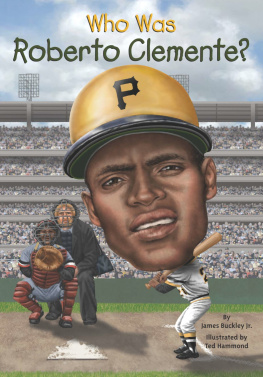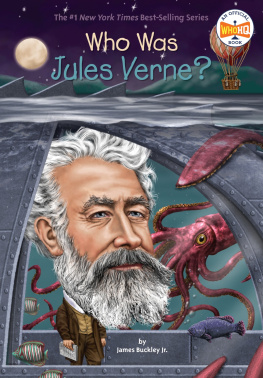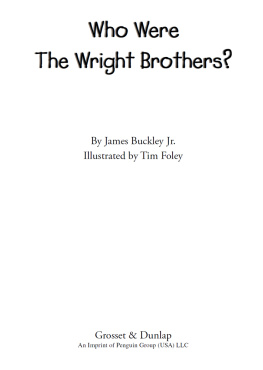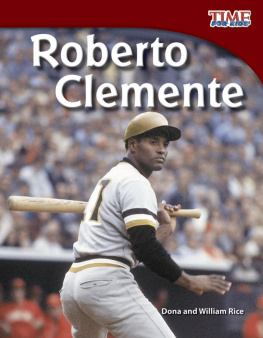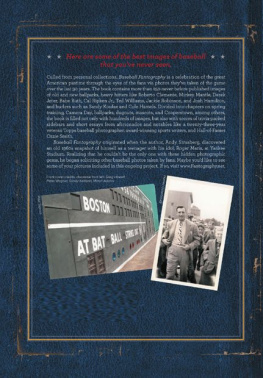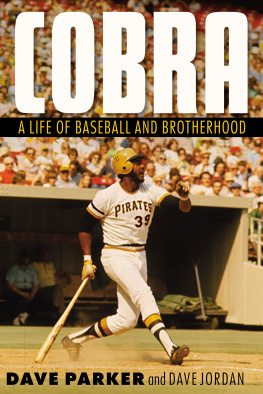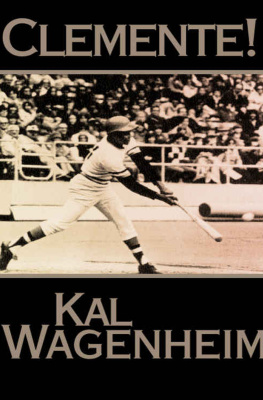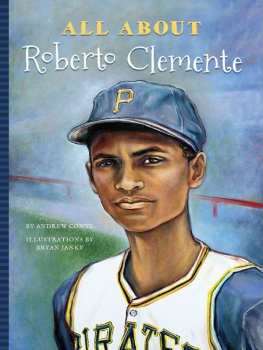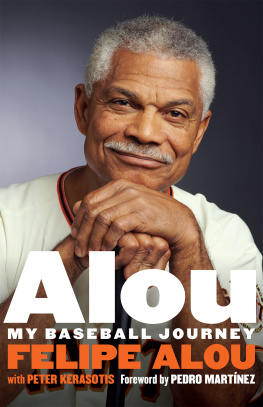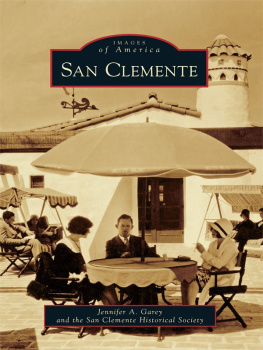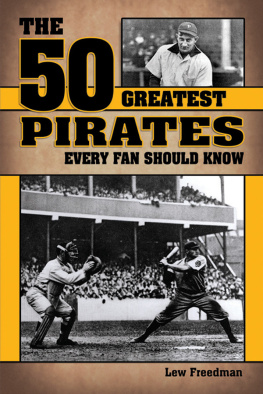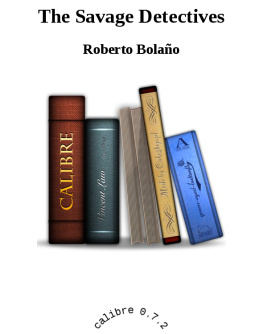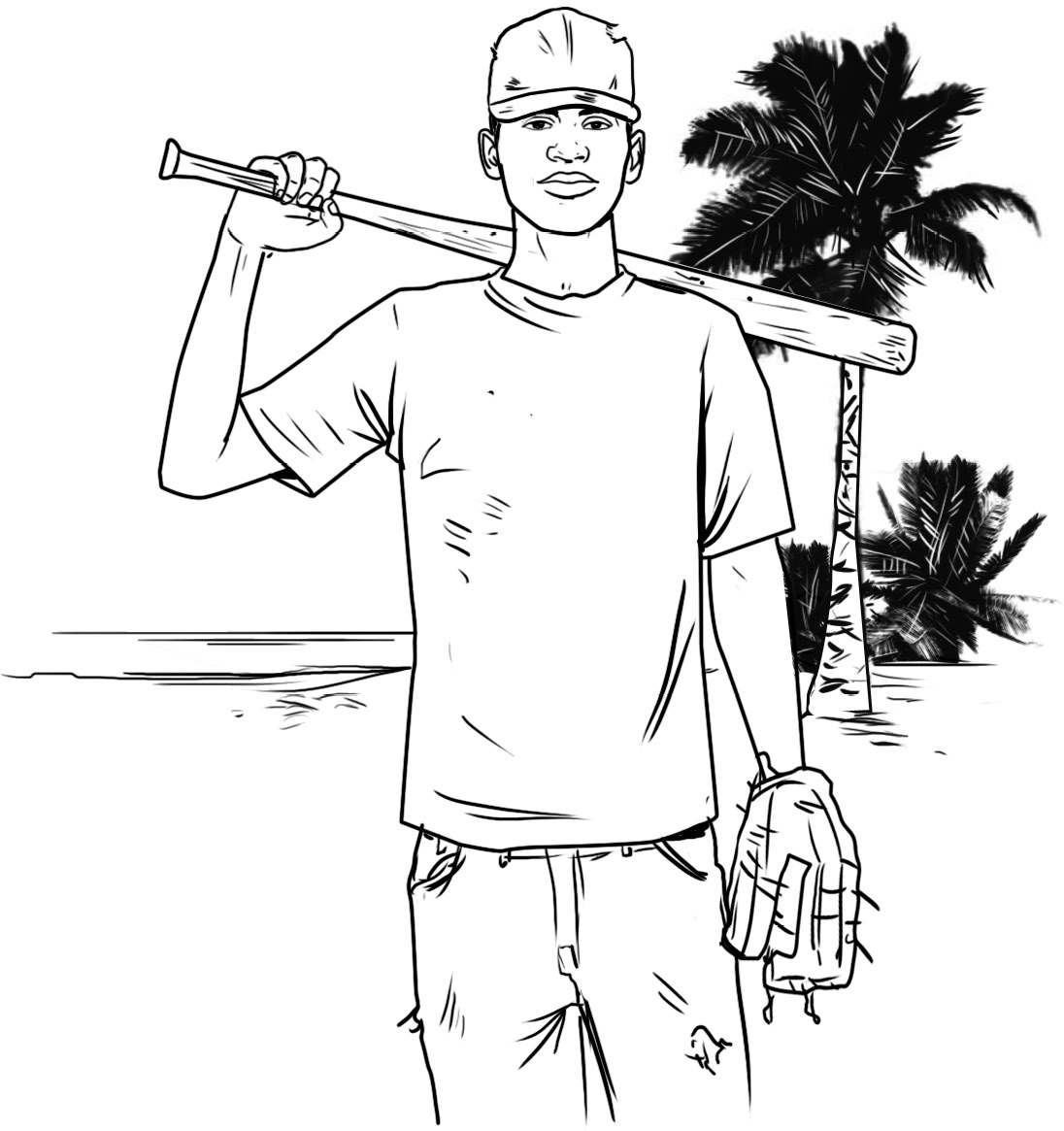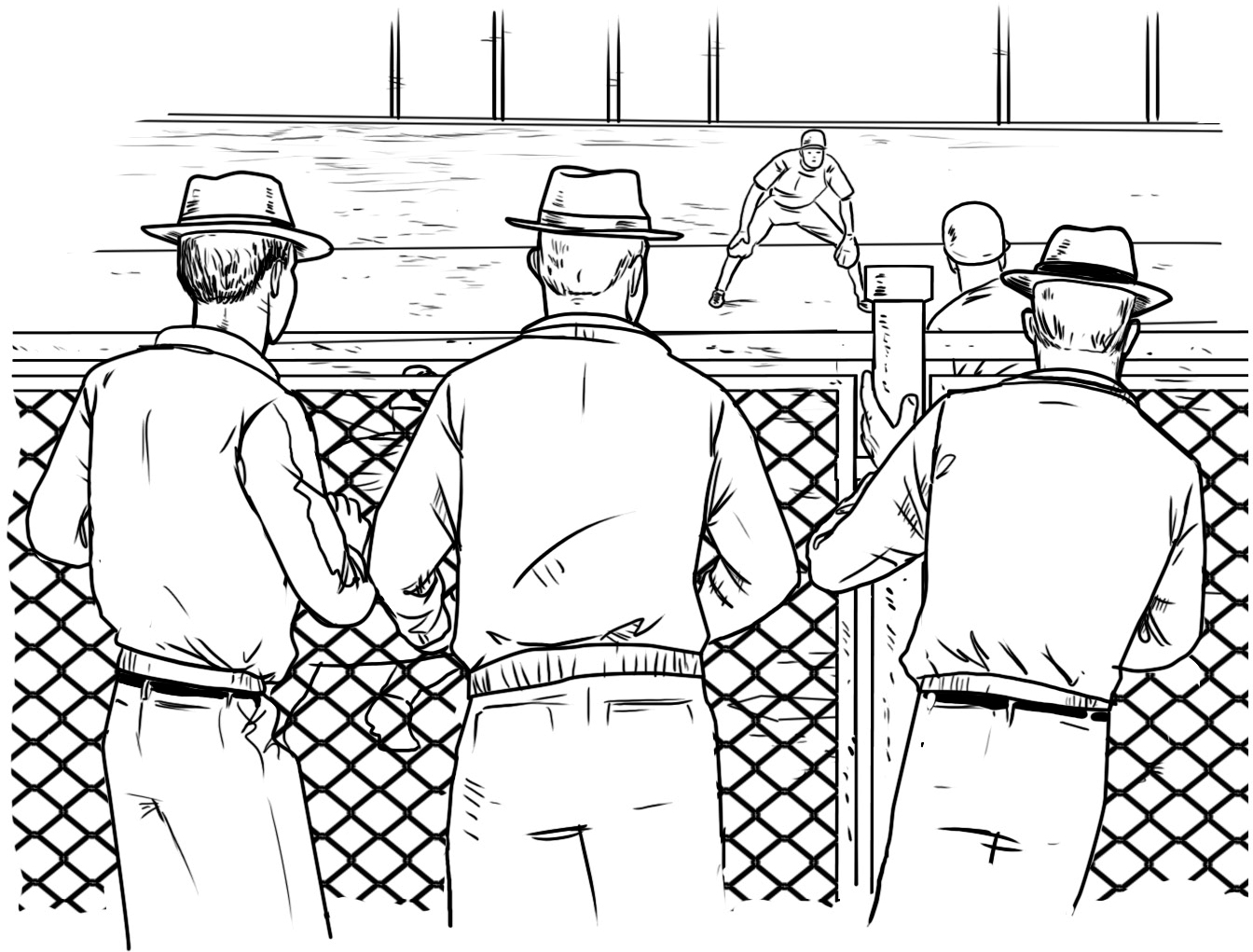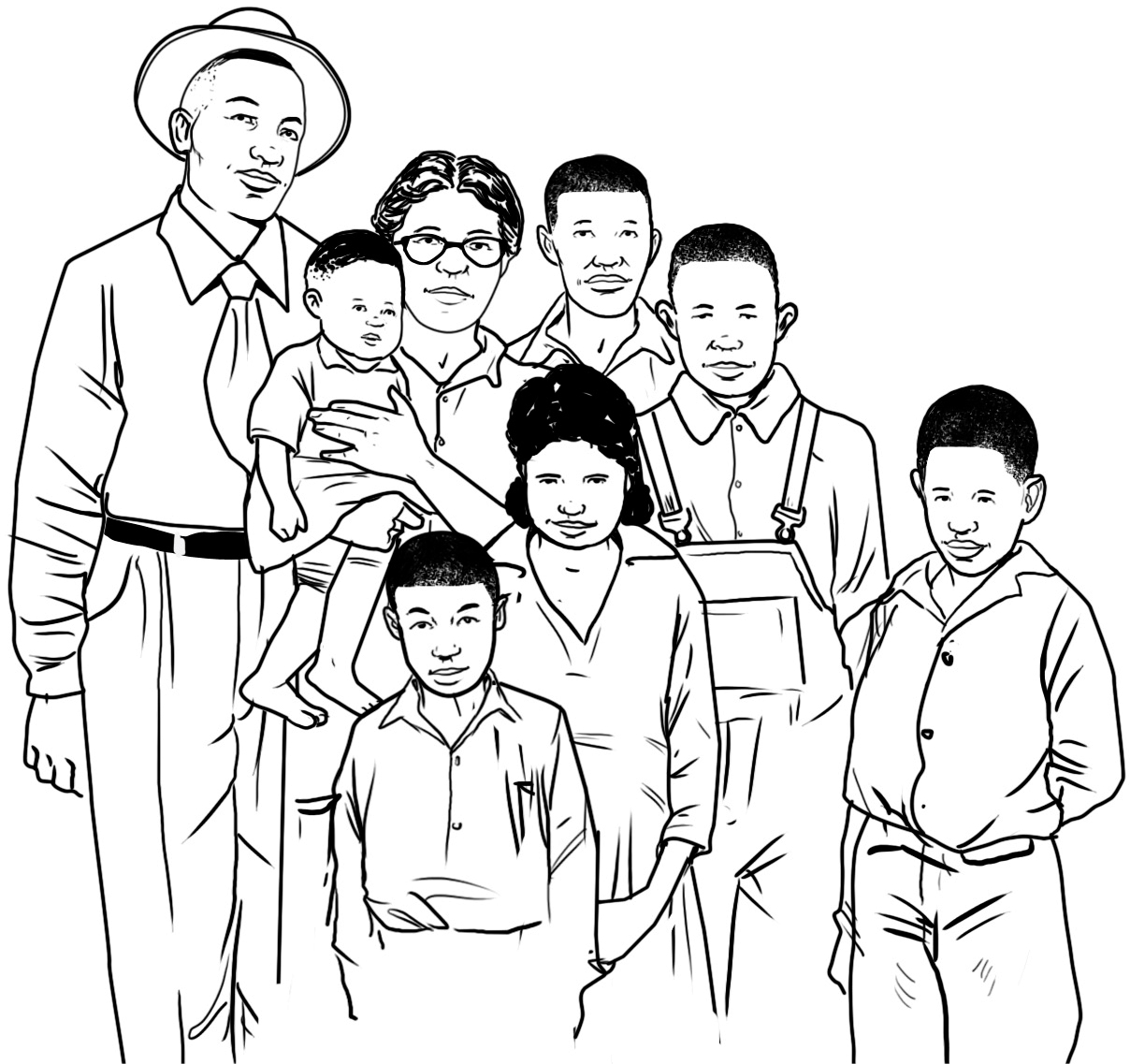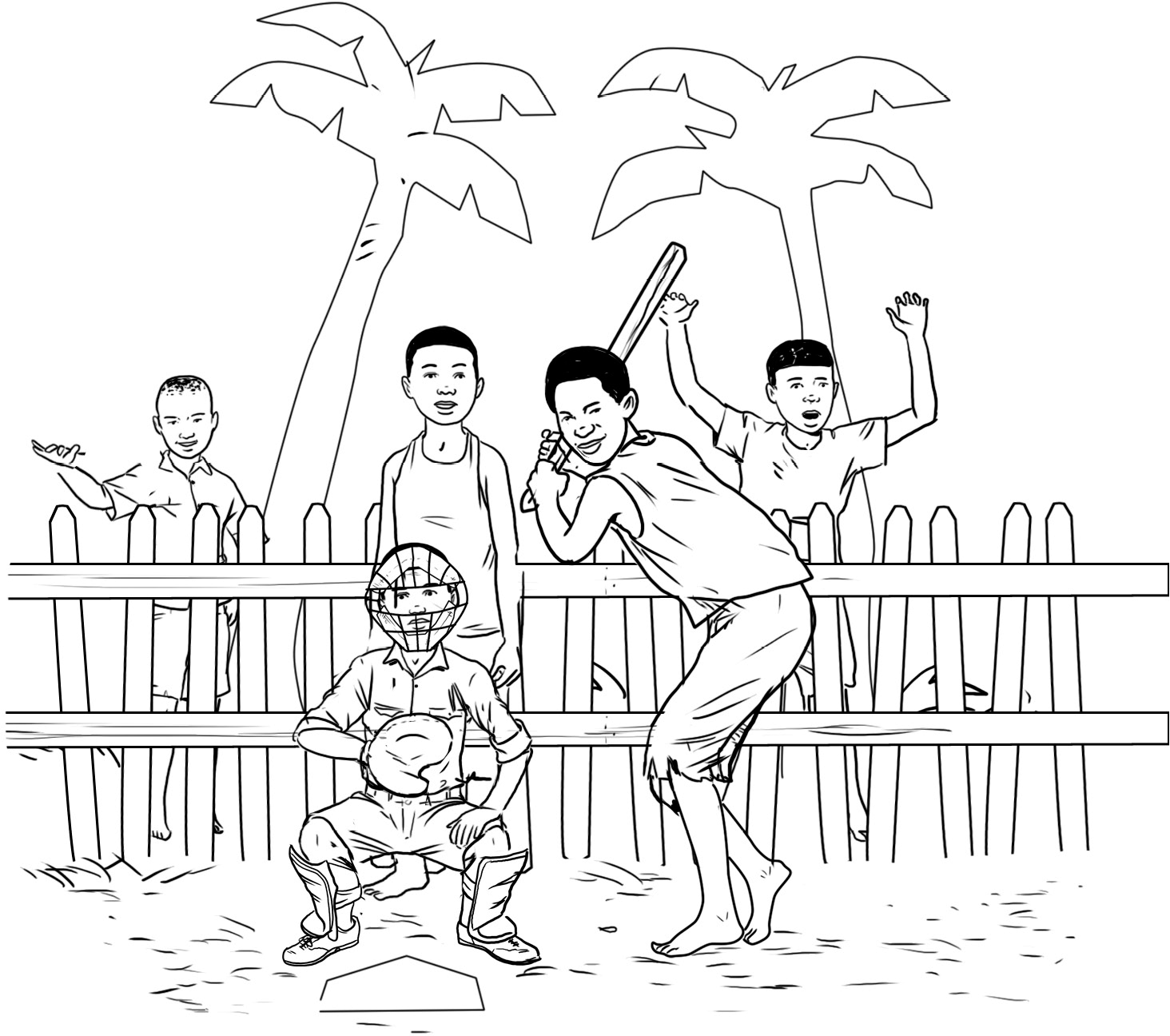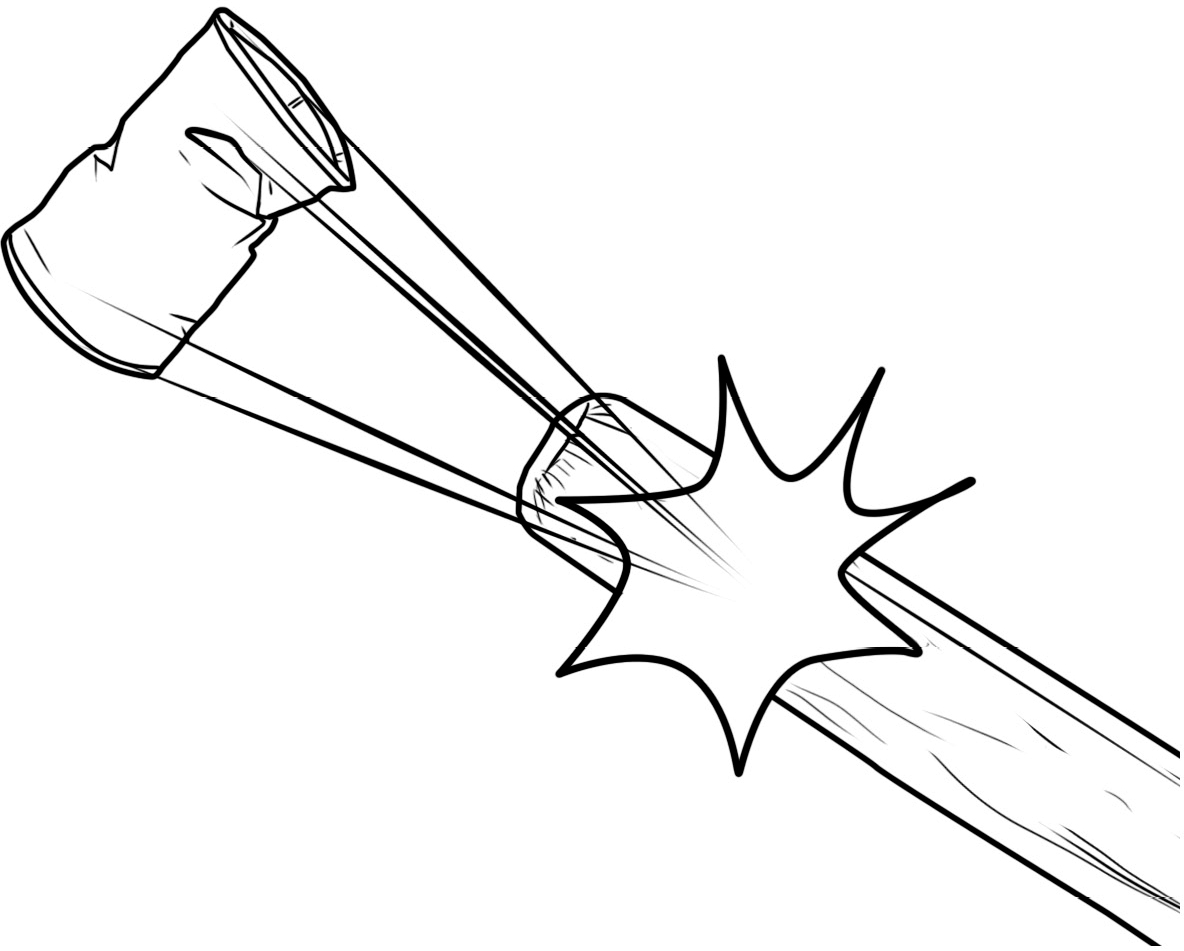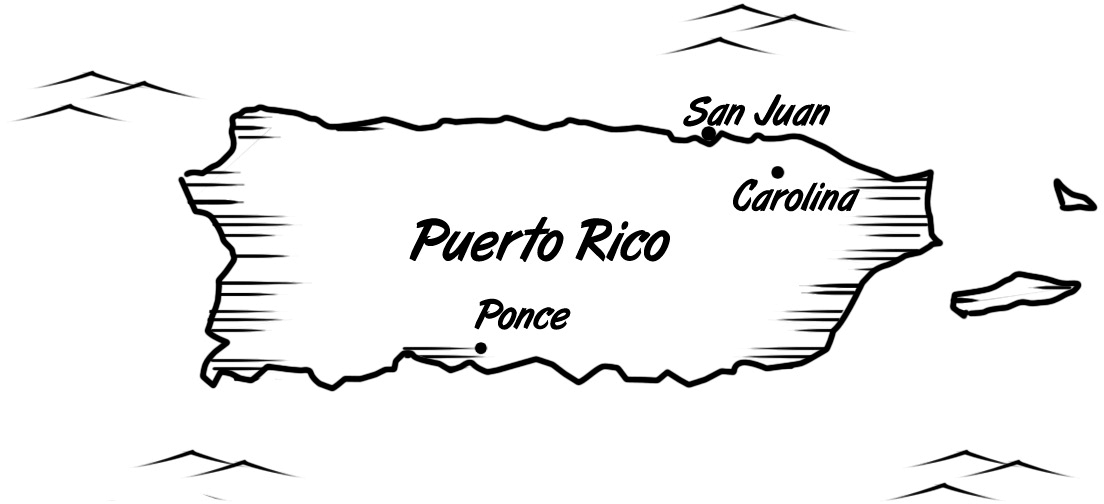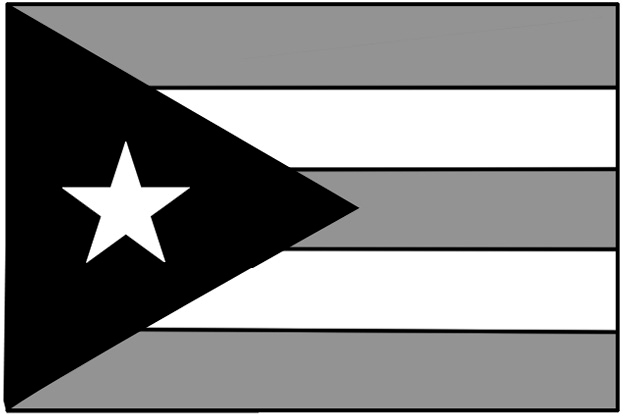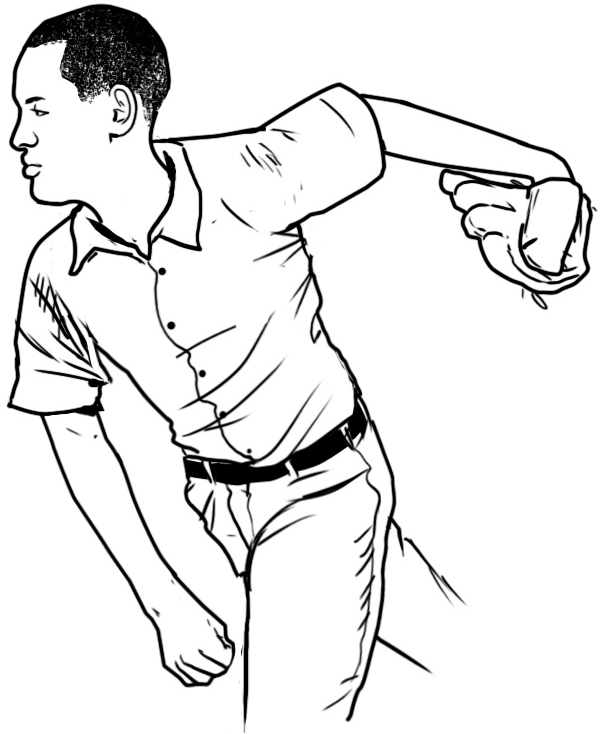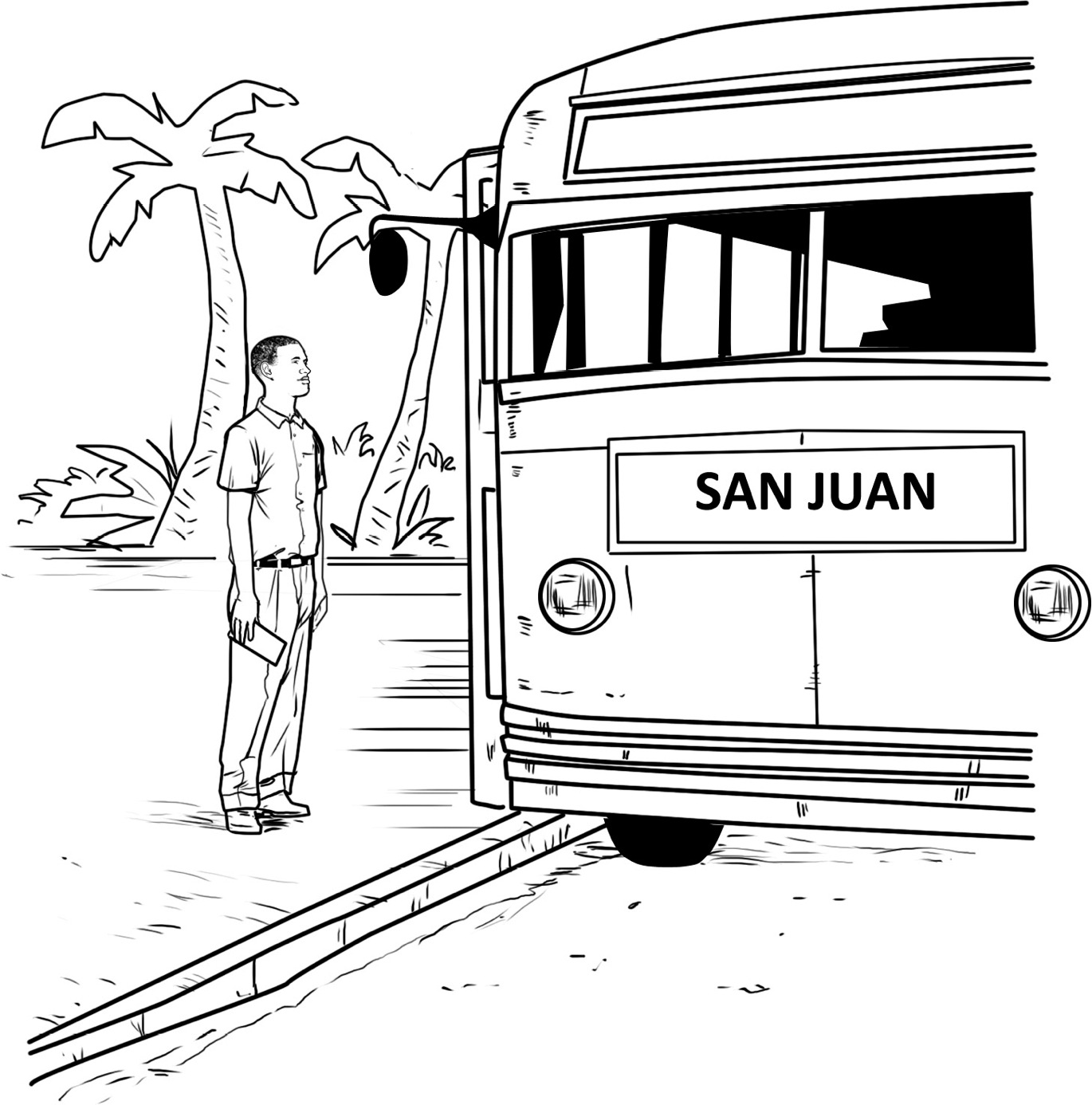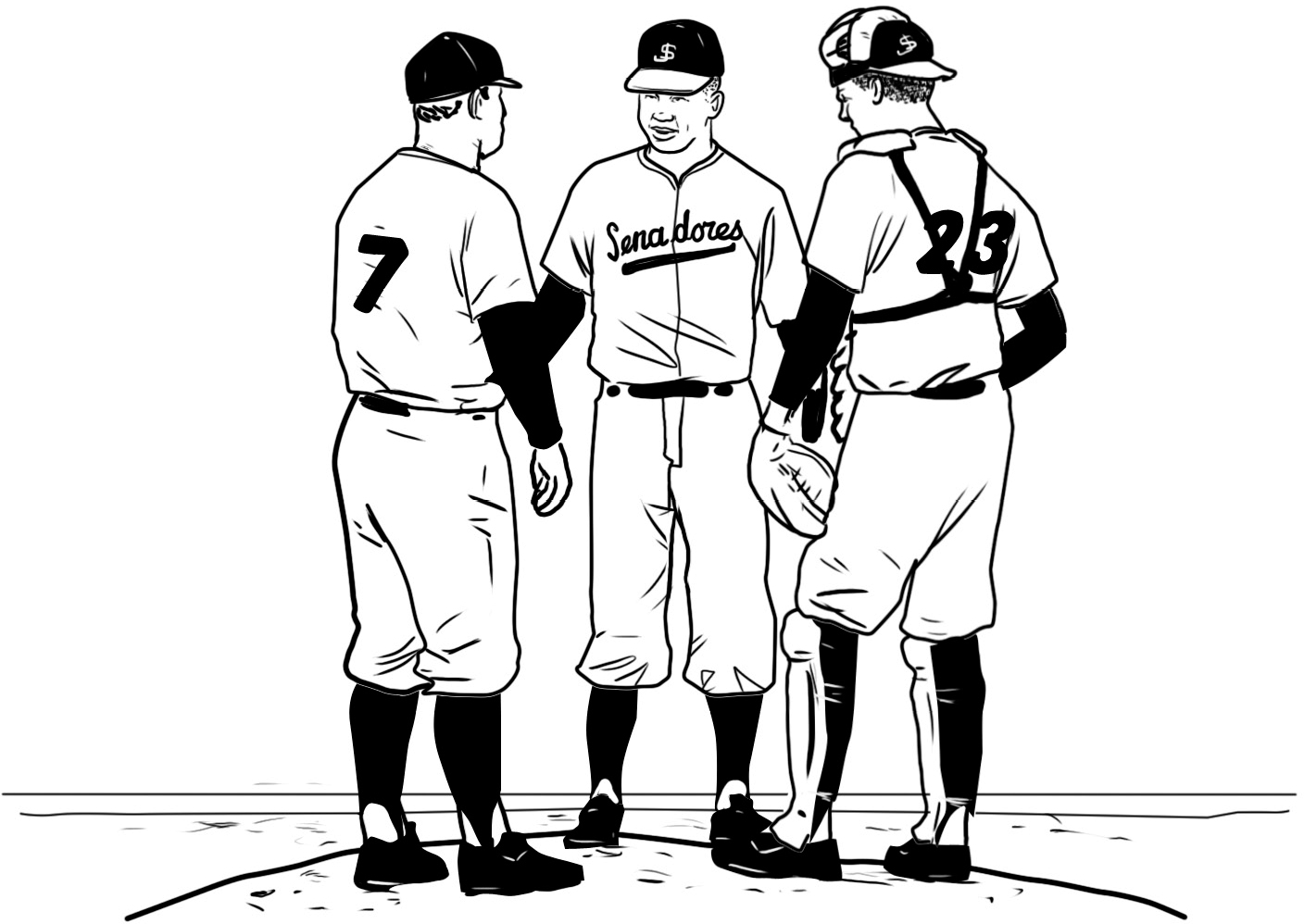On a sunny autumn day in Puerto Rico in 1952, Roberto Clemente arrived at a ball field wearing beat-up baseball pants. The eighteen-year-old was carrying his old glove and wore a cap with a long bill. The field was mostly dirt. The baseballs there were used and scuffed. But that didnt matter to the seventy or so young players who had showed up that day. All of them had the same goal: to be discovered by a scout from a Major League Baseball team. That year, sixteen teams based in the United States made up the majors, eight each in the American and National Leagues. For young ballplayers like Roberto, making the majors would be a dream come true.
Over the next few hours, Roberto did his best to realize that dream. He fired long, perfect throws from the outfield. He whizzed around the bases faster than any other player there. He ran a sixty-yard dash in 6.4 seconds (coming very close to the world record at the time6.1 seconds!). And he hit line drive after line drive. After watching Robertos performance, it was clear to the scouts that he had the skills to one day make the major leagues. One scout for the Brooklyn Dodgers said Roberto was the greatest natural athlete I have ever seen.
A year later, his major league dream came true. He signed with the Brooklyn Dodgers and went on to have one of baseballs most remarkable careers. He worked hard to make the dreams of thousands of other people come true, too.
Chapter 1
A Guava-Branch Bat
In a town called Carolina, on the northeast corner of the island of Puerto Rico, Roberto Clemente Walker was born on August 18, 1934. Like many people from the island, he took the last names of both his mother and father. Throughout his life, however, Roberto was known by his fathers last name, Clemente.
His parents, Melchor and Luisa, had five children. Roberto was the youngest. Sadly, his older sister, Anairis, died when Roberto was very young. She was burned in a kitchen accident and never recovered from her injuries.
But Roberto still had three older brothers. He also had a stepbrother and stepsister, Luisas children from her first marriage. With a family that big, there was always someone to play with. And what they played was baseball.
I loved baseball more than anything, Roberto said later in life. We played all day and wouldnt care if we missed lunch. We played until it was too dark to see.
Roberto earned a lifelong family nickname in these years. He did not like to be rushed and often said Momentito, momentito, which means just a moment. His friends and family came to call him Momen.
Momen and his friends and brothers played baseball after school and on weekends. They did not have formal teams and made up their own rules. They made their own gear. Roberto formed baseballs by wrapping old socks or rags very tightly with string and then sewing a piece of cloth over the socks. The boys carved baseball bats from the branches of guava trees. They sometimes hit crushed tin cans. For gloves, they sewed together old coffee sacks.
PUERTO RICO: PART OF THE USA
THE COMMONWEALTH OF PUERTO RICO IS AN ISLAND TERRITORY OF THE UNITED STATES. THAT MEANS IT IS OWNED BY THE UNITED STATES, BUT IS NOT A STATE. JUAN PONCE DE LON FOUNDED THE FIRST EUROPEAN SETTLEMENT ON PUERTO RICO (SPANISH FOR RICH PORT), ESTABLISHING IT AS A SPANISH COLONY. IT HAS BEEN A COMMONWEALTH OF THE UNITED STATES SINCE 1952.
MOST OF ITS PEOPLE SPEAK SPANISH. PUERTO RICANS ARE AMERICAN CITIZENS BUT CANNOT VOTE IN NATIONAL ELECTIONS. ABOUT FOUR MILLION PEOPLE LIVE IN PUERTO RICO TODAY, BUT MORE THAN FIVE MILLION PEOPLE OF PUERTO RICAN DESCENT LIVE ON THE US MAINLAND.
Luisa Walker loved her son, but she worried that he was focusing too much on baseball. There were times he was so much in love with baseball that he didnt even care for food, she said. In fact, she once tried to burn his batbut Roberto rescued it from the flames!
All this playing soon helped Roberto become one of the best young baseball players in Carolina. In a scrapbook of memories, he wrote about a seven-and-a-half-hour game in which he hit ten home runs. He was growing up strong and fast and could throw a baseball harder and farther than anyone else around. He watched a lot of baseball, too. To go to a game, his father gave him twenty-five cents. A game ticket was fifteen cents and the round-trip bus fare was a dime.

